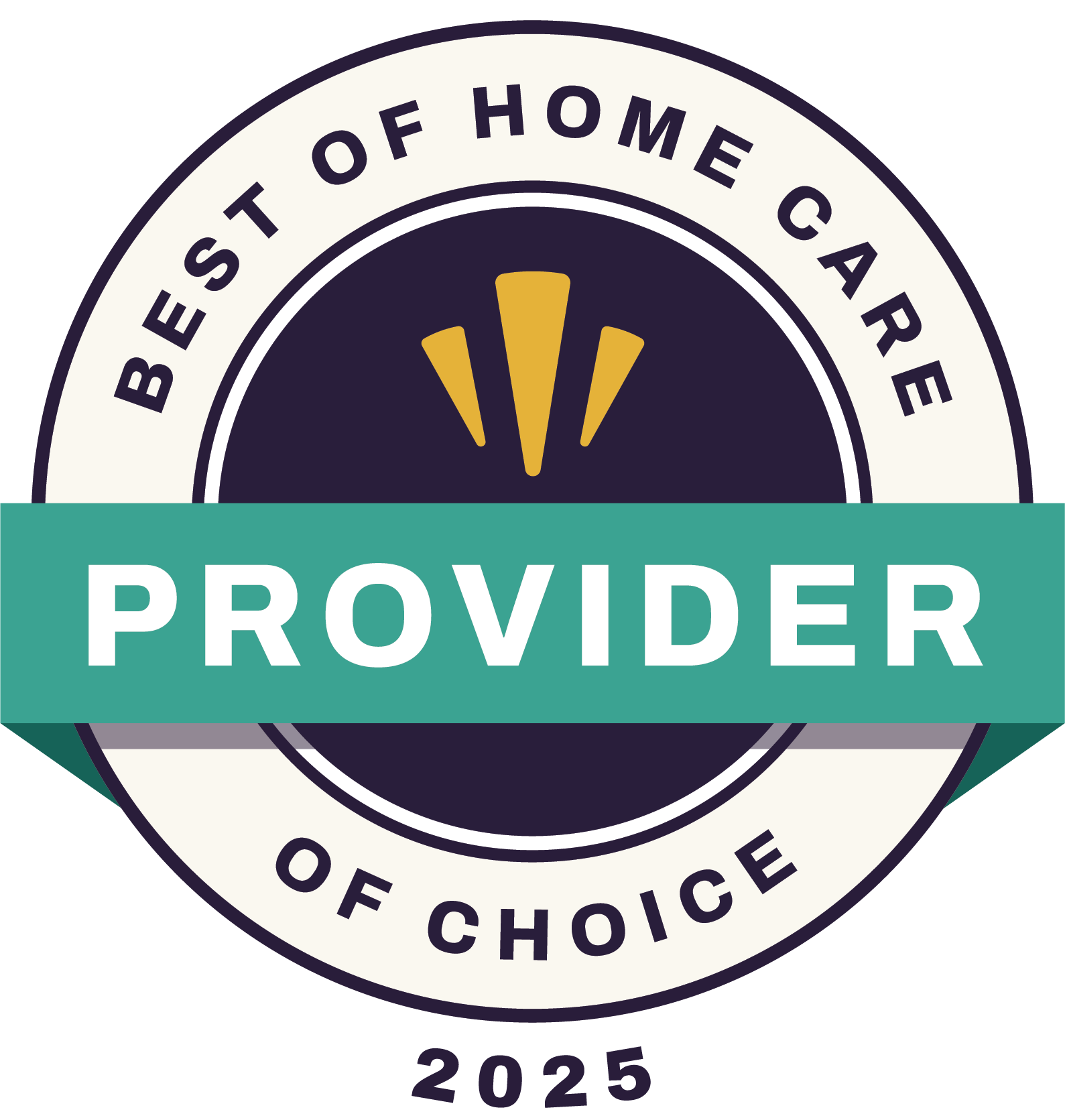What to Know About Parkinson’s Disease and In-Home Care
An estimated one million people in the U.S. are living with Parkinson's disease. While there is no cure for the condition, treatments are available to help manage the associated symptoms. Proper care will also go a long way in enabling you to maintain your quality of life.
However, it is important to understand the symptoms of Parkinson's so you can seek timely help. Similarly, learning more about the condition will empower you to choose the best care option to help you navigate the different stages of the disease.
Read on to learn more.
What is Parkinson's Disease?
Parkinson's disease, or simply Parkinson's, is a chronic progressive disorder of the central nervous system. This neurological disease is caused by the gradual deterioration of certain nerve cells in the brain. The breakdown or death of these nerve cells leads to low levels of dopamine, which in turn affects muscle control, coordination, balance, as well as movement.
In fact, everyone is at risk of developing Parkinson's disease. However, this long-term condition usually begins in the middle or late life, with aging being the biggest risk factor for developing the disease.
Symptoms of Parkinson's Disease
Parkinson's also affects people differently. Oftentimes, early signs of the disease will be mild and may go unnoticed. However, although the symptoms begin gradually, they tend to get worse over time. Below are the symptoms of Parkinson's disease.
Main Symptoms
The main symptoms of the disease have an impact on physical movement. They are:
-
Tremors: Rhythmic shaking of the hands, arms, or fingers which mostly occurs when the limb is relaxed.
-
Muscle stiffness (rigidity): Tension and stiffness in the muscles can limit your range of motion and result in pain.
-
Slowness of movement (bradykinesia): Muscle control problems lead to much slower physical movements, making it difficult to accomplish everyday tasks.
Other Symptoms
In addition to the above symptoms, Parkinson's disease may be characterized by other physical and mental symptoms. Here are a few.
Physical Symptoms
-
Impaired posture and balance
-
Loss of automatic movements such as blinking and smiling
-
Fatigue
-
Urinary problems or constipation
-
Difficulty chewing, swallowing and speaking
Cognitive Symptoms
-
Mild cognitive impairment
-
Anxiety and depression
-
Sleep disorders
-
Dementia
Factors That Lead to the Disease
There is no single definitive cause of Parkinson's. However, several factors have been linked to the disease. They include:
-
Age: Individuals aged 60 and above are at a high risk of developing Parkinson's disease.
-
Gender: Men are 1.5 times more likely to develop Parkinson's than women.
-
Genetics: Genetic factors contribute to approximately 10 to 15 percent of Parkinson's disease cases.
-
Head trauma: Repeated blows to the head can increase the risk of getting Parkinson's.
-
Environmental factors: Exposure to toxins such as pesticides, heavy metals, solvents, fumes, as well as other pollutants can lead to Parkinsonism.
-
Other factors: Certain medications and brain conditions can also cause Parkinsonism.
Difficulties That Come as Someone Who Suffers from Parkinson's Ages
For people suffering from Parkinson's, advancing age can come with its fair share of challenges. This may in turn affect your quality of life. Below are some difficulties you may experience as you age if you have Parkinson's disease.
-
Difficulty accomplishing essential activities of daily living due to deteriorating physical functioning
-
Problems with cognitive function may make it difficult to maintain relationships
-
Compromised social participation as a result of mobility limitations and emotional changes
-
Chronic dependence can lead to loss of identity and dignity, and affect an individual's self-esteem
-
Impaired posture and balance increase the risk of falls and injuries
-
Managing this lifelong disease can also be expensive, something that may lead to financial issues
How to Manage the Symptoms
The symptoms of Parkinson's disease will usually get worse as you age. Fortunately, this is a manageable condition. Here are a few things that can be done to manage the symptoms.
-
Medications: Drugs can help to increase the levels of dopamine in the brain, effectively assisting in managing motor and non-motor symptoms.
-
Deep brain stimulation: If you do not respond well to medications, this option can be used to stimulate the areas of the brain that control movement.
-
Therapies: Physical, occupational, and speech therapies can help to deal with the physical, mental, as well as vocal effects of the disease.
-
Regular exercise: Regular physical activity will strengthen muscles and improve balance. This will help to reduce the risk of falls.
-
Healthy eating: A diet that is rich in antioxidants, vitamins, proteins, and omega-3 will help reduce symptoms as well as improve overall wellness.
Available Care Options
People with Parkinson's disease also need encouragement and support. To ensure your loved one gets the help they need to live well and manage their symptoms, you should choose a suitable care plan for them. Depending on the stage of the disease, you can consider:
Center-Based Day Care
This care option ensures patients who experience mild symptoms are taken care of during the day. Patients will get assistance with daily activities, stay active, and remain socially connected.
Round-the-Clock Care
This care plan is for patients who require full-time help. The patient will also reside in a dedicated facility where they will get the attention they need to promote their safety and comfort.
Home-Based Care
Also known as in-home care, this care option allows seniors with Parkinson's to receive professional care, including help with activities of daily living, in the comfort of their homes. This care plan also saves you money, maintains dignity, provides safety benefits, and incorporates personalized care, making it perfect for aging in place.
Elite Home Health Care is a respected home health care provider that can match you or your loved one with a home health aide who can help you with your needs. With our experienced caregivers and personalized care plans, you can be sure of quality care in the comfort of your own home. Feel free to contact us to get started.
Written by: Leah Ganz
Leah Ganz, RN, BSN is the Director of Patient Services at Elite Home Health Care. She has an extensive background in homecare and previously worked in various specialties including pediatrics, pain management and internal medicine. She oversees all patient services across Elite's departments.



